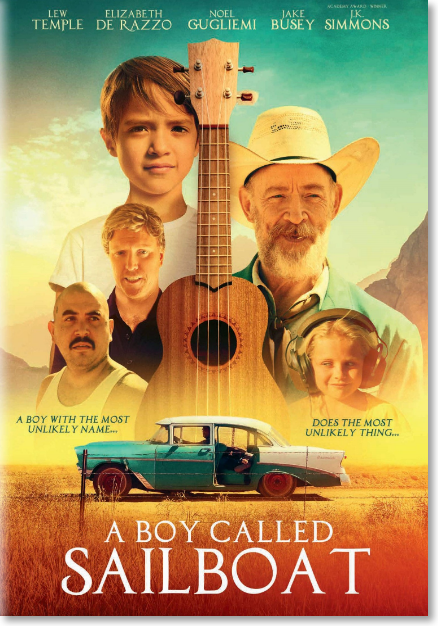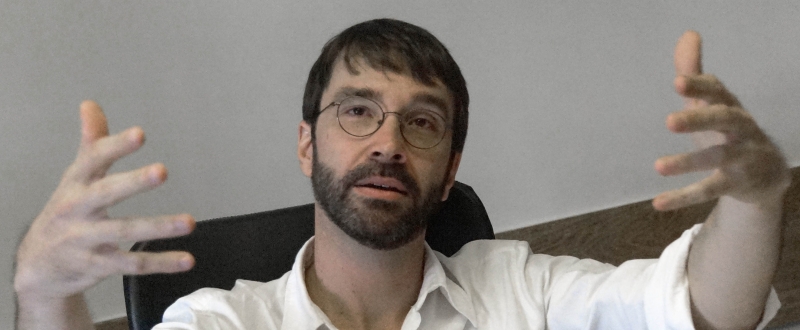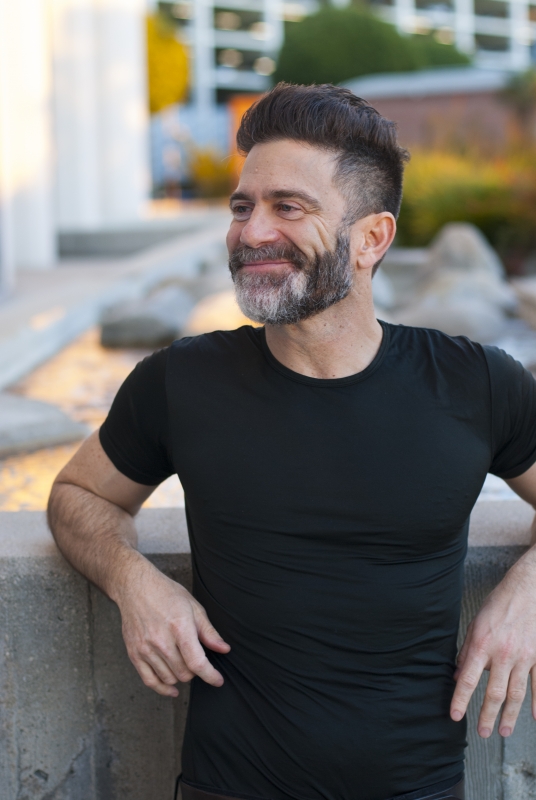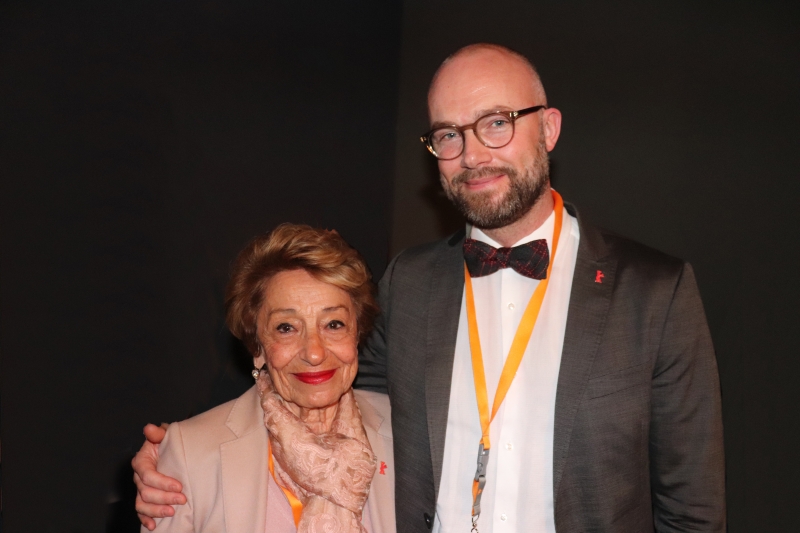|
|
||
|
Pro Tools
FILMFESTIVALS | 24/7 world wide coverageWelcome ! Enjoy the best of both worlds: Film & Festival News, exploring the best of the film festivals community. Launched in 1995, relentlessly connecting films to festivals, documenting and promoting festivals worldwide. Working on an upgrade soon. For collaboration, editorial contributions, or publicity, please send us an email here. User login |
“King Vidor” Retrospective at Berlinale 2020
Beyond the Forest
The Retrospective of the 70th Berlin International Film Festival will be dedicated to the American film director, producer, and screenwriter King Vidor (1894-1982) who holds a central place in the history of US cinema. Considered a key director towards the end of the silent era and in the Golden Age of Hollywood, Vidor left a lasting mark, combining his interest in social engagement with the desire to explore in depth the potential of cinematic language.
Vidor's cinematic oeuvre consists of more than fifty films. They range from silent film classics and works on socio-political topics, such as The Crowd (1928), to films depicting social upheaval, as in Our Daily Bread (1934), as well as the Western Duel in the Sun (1946) and the epic literary adaption for the screen War and Peace (1956). His breakthrough came in 1925 with The Big Parade. It is considered the first critical film about World War I, and has turned into a tremendous success for the newly founded MGM Studios. Vidor developed his art across many genres and was at all times interested in technical innovations – not to mention, his devotion in working with the most important actors of his time.
Carlo Chatrian, who as Artistic Director has headed the Berlinale alongside Executive Director Mariette Rissenbeek since June 2019, states: “We want to express our gratitude to the Deutsche Kinemathek for this extensive retrospective. We are sure it will give younger and older generations the opportunity to watch or re-watch a selection of great films that take them into the universe of a unique filmmaker. King Vidor was convinced cinema could convey a message to humanity and was willing to alter the cinematic language he used to achieve this end. Hence today he is, perhaps more so than other old masters whose respective styles are clearly identifiable, a source of inspiration for those wanting to depict our rapidly changing world.”
Rainer Rother, head of the Retrospective and Artistic Director of the Deutsche Kinemathek – Museum für Film und Fernsehen, comments: “Through King Vidor’s work, we can trace and understand not only the history of Hollywood over half a century, but also that of the United States over the same period: from the start, Vidor focused in his films on significant events and contemporary political developments – from World War I to the Great Depression and the New Deal. Equally remarkable was his versatile and artful staging.”
King Vidor was acquainted with both the bright and dark sides of the film industry and worked his impressions into Show People (1928). In it, Marion Davies gives a brilliant performance as an unknown slapstick performer who rises to become a movie diva.
Issues related to class, as well as upward and downward social mobility play a crucial role in Vidor’s films, as do immigration and social integration. The latter is dealt with in a nuanced and often humorous manner in films such as Street Scene (1931), The Wedding Night (1935), An American Romance (1944), and Japanese War Bride (1952). On the other hand, in The Champ (1931), Stella Dallas (1937), as well as Ruby Gentry (1953), he illuminates from many sides the inner life of characters who set out in search of their identity between the different echelons of society. He often engaged his favourite actors for several films. Under his care, the following stars gave stunning screen performances: Gary Cooper, Joseph Cotten, Marion Davies, Bette Davis, Henry Fonda, John Gilbert, Lillian Gish, Audrey Hepburn, Jennifer Jones, and Gregory Peck.
The Retrospective programme includes 35 films from five decades. They are to be presented in the best possible quality – for the most part on 35mm prints. Five of King Vidor’s films received Oscar nominations for Best Director: The Crowd, Hallelujah, The Champ, The Citadel, and War and Peace. In 1978, in tribute of his versatility and innovative powers, King Vidor received an Oscar, the Honorary Award for Outstanding Lifetime Achievement. His masterful choreography of mass scenes in The Crowd, The Big Parade, and War and Peace are still impressive today, as is his joy in experimenting with sound and rhythm: in Hallelujah, his first sound film – which is also regarded as one of the first big studio productions with an all African-American cast – he incorporated influences from contemporary jazz music. Vidor shot Billy the Kid (1930), his second Western, in black-and-white on 35 mm as well as 70 mm film – long before this wide-screen format had reached its zenith. His six dazzlingly opulent colour films, such as Northwest Passage (1940), Man Without a Star (1955), and Solomon and Sheba (1959), were all shot in Technicolor.
For the Retrospective, Bertz + Fischer Verlag will be publishing a bilingual book (in German and English) titled “King Vidor”. This richly illustrated volume will feature eight essays by renowned film scholars and prominent cineastes, including contributions on the central themes in King Vidor’s work: his special interest in socio-political issues, his Westerns, and the female characters in his melodramas. The Retrospective film programme will also be accompanied by numerous events at the Deutsche Kinemathek – Museum für Film und Fernsehen. 06.01.2020 | Berlin's blog Cat. : FILM
|
LinksThe Bulletin Board > The Bulletin Board Blog Following News Interview with EFM (Berlin) Director
Interview with IFTA Chairman (AFM)
Interview with Cannes Marche du Film Director
Filmfestivals.com dailies live coverage from > Live from India
Useful links for the indies: > Big files transfer
+ SUBSCRIBE to the weekly Newsletter Deals+ Special offers and discounts from filmfestivals.com Selected fun offers
> Bonus Casino
User imagesAbout Berlin Chatelin Bruno Chatelin Bruno |





























